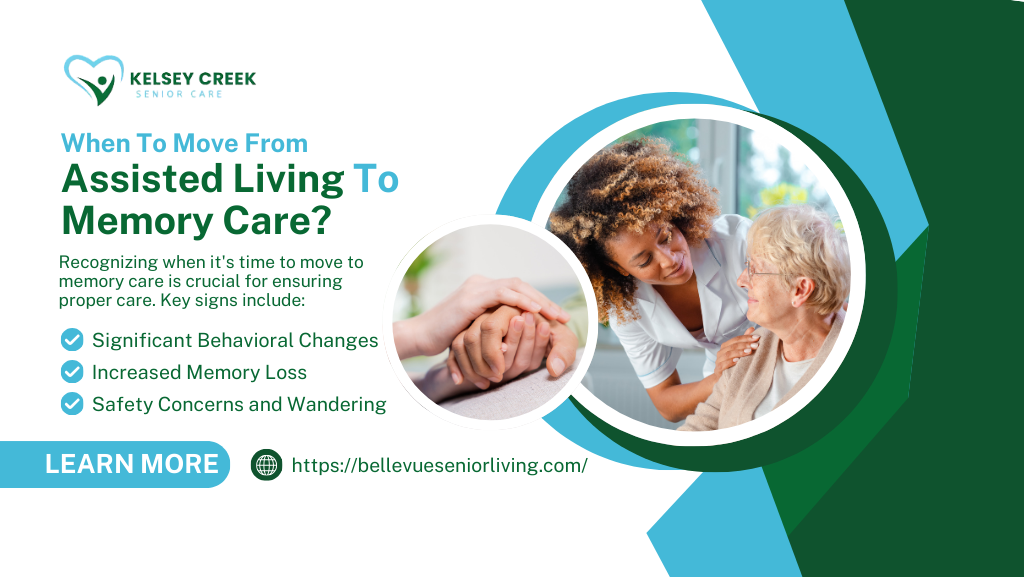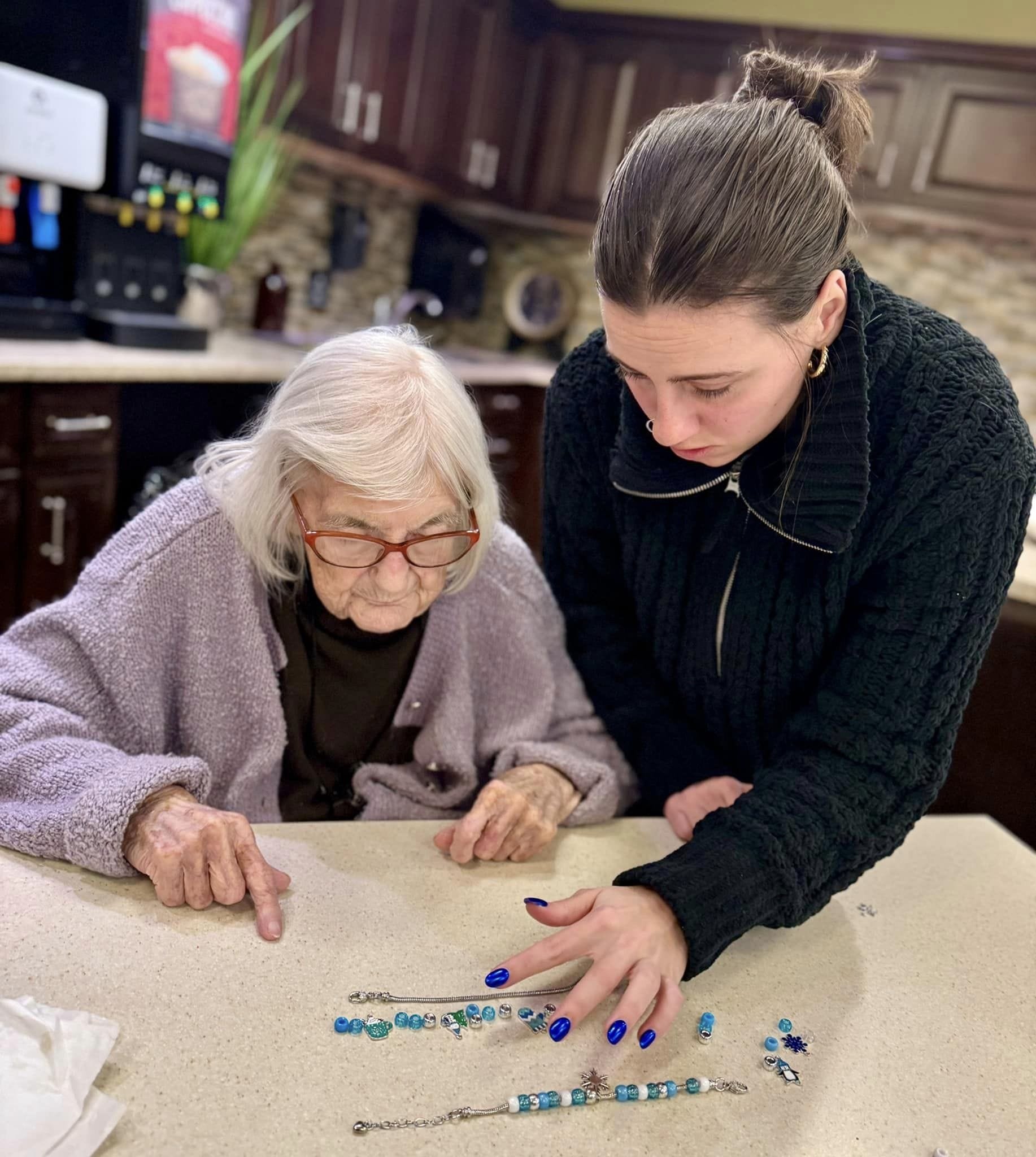Comprehensive Memory Care Programs with Alzheimers Care Charlotte Solutions
Comprehensive Memory Care Programs with Alzheimers Care Charlotte Solutions
Blog Article
Professional Tips for Giving Quality Alzheimer's Care at Home
Caring for an individual with Alzheimer's disease in the house presents one-of-a-kind obstacles that call for both understanding and calculated preparation. Establishing a structured daily regimen, boosting interaction skills, and creating a safe environment are important components of efficient caregiving. Furthermore, caregivers have to not forget the value of seeking external assistance and resources to maintain their very own wellness. As we explore these professional tips even more, it becomes clear that a thoughtful method can considerably influence the lifestyle for both the caregiver and the private receiving care. What details strategies can be carried out to guarantee a supportive atmosphere?
Understand Alzheimer's Disease
Alzheimer's illness, a modern neurodegenerative condition, profoundly impacts cognitive function and daily living activities. It largely influences memory, thinking, and habits, causing a progressive decline in the capabilities needed for independent living. Early signs and symptoms usually consist of forgetfulness, problem in problem-solving, and obstacles in completing acquainted tasks. As the disease advances, individuals may experience disorientation to time and location, impaired judgment, and modifications in mood and character.
The etiology of Alzheimer's is complicated, involving the buildup of amyloid plaques and tau tangles in the mind, which interrupt neuronal interaction and result in cell fatality. Danger factors include age, genes, and way of life choices, with the majority of situations happening in individuals over 65. Recognition of these aspects is essential for caregivers, as understanding the problem can promote better assistance and care approaches.
Furthermore, Alzheimer's condition not just affects the individual but likewise has substantial emotional and logistical implications for family members. Acknowledging the phases of the condition enables caregivers to expect difficulties and adapt their method, making certain that the requirements of those influenced are consulted with compassion and understanding. This foundational knowledge is important for promoting high quality care at home.
Establish a Routine
Developing an organized daily regimen can significantly boost the high quality of life for people coping with Alzheimer's illness. Developing regular patterns aids to decrease complication and anxiousness, supplying a complacency and knowledge. An everyday schedule ought to include routine times for dishes, tasks, and rest, which can aid people anticipate what to anticipate throughout the day.
Incorporating simple, acquainted tasks into the routine can promote a sense of accomplishment and independence. Tasks like gardening, cooking, and even straightforward household duties can be advantageous. It is important to tailor these activities to the person's capabilities and passions, making sure involvement without aggravation.
Additionally, versatility within the regimen is vital. While uniformity is necessary, enabling adjustments based upon the person's state of mind or energy levels can assist preserve a positive environment. Urge participation in social interactions, whether through family sees or community activities, as these can give excitement and link.
Enhance Interaction Abilities
Reliable interaction is essential for preserving meaningful links with people coping with Alzheimer's illness. As cognitive capacities decline, traditional discussion might come to be difficult. For that reason, caregivers must adjust their communication strategies to foster understanding and connection.

Show real interest by preserving eye call and responding to recognize their thoughts or sensations. Rather, confirm their emotions and redirect the conversation gently if required.
Utilizing aesthetic aids, you could look here such as pictures or created tips, can also improve comprehension. Urge engagement in tasks that boost conversation, such as reminiscing concerning previous occasions or looking via photo albums.
Develop a Safe Setting
A supportive environment plays a considerable role in the well-being of people with Alzheimer's illness. Creating a secure home setup is necessary to reduce dangers and enhance the lifestyle for both the specific and their caretakers. Begin by examining the space for possible threats. Eliminate stumbling risks such as loose rugs, electric cords, and mess. Make sure that pathways are clear and well-lit to avoid drops.
Mount security locks on home windows and try this web-site doors to stop straying, which is a common problem in Alzheimer's individuals. Furthermore, consider utilizing non-slip floor coverings in shower rooms and install grab bars for added assistance. Labeling rooms and essential products can aid people browse their surroundings much more easily.
Emergency contacts need to be clearly posted near phones, and a clinical sharp system can supply tranquility of mind. Take into consideration utilizing childproofing procedures for sharp objects and dangerous compounds. Frequently check smoke alarm and carbon monoxide alarm systems to ensure they are operating. On the whole, customizing the home atmosphere to the distinct demands of the specific with Alzheimer's not just promotes safety and security but additionally motivates self-reliance and comfort.
Look For Support and Resources
Accessing support and sources is essential for people and caretakers facing the difficulties of Alzheimer's illness. Caregiving can be frustrating, both literally and emotionally, and it is crucial for caretakers to seek assistance to maintain their wellness and provide top quality treatment.

Additionally, discovering break treatment choices can afford caregivers much-needed breaks, allowing them to minimize and reenergize exhaustion. This might consist of adult day programs or in-home treatment solutions. Monetary aid programs might also be readily available to help balance out the costs of treatment.

Final Thought
In recap, offering high quality Alzheimer's treatment at home requires a complex technique. Comprehending the intricacies of the disease, establishing a structured routine, boosting interaction skills, creating a safe atmosphere, and looking for support from offered sources jointly add to enhanced caregiving experiences. Executing these methods not just cultivates a sense of self-reliance and success for individuals with Alzheimer's however additionally eases caretaker stress and anxiety, ultimately enhancing the lifestyle for both caregivers and those they support.
Caring for an individual with Alzheimer's illness at home presents one-of-a-kind difficulties that require both understanding and tactical planning.Moreover, Alzheimer's illness not only impacts the specific yet additionally has considerable emotional and logistical ramifications for families.Developing a structured day-to-day routine can dramatically boost the quality of life for individuals living with Alzheimer's disease.Effective communication is necessary for maintaining significant links with individuals living with Alzheimer's condition. Alzheimers Care Charlotte. Carrying out these methods not only promotes a feeling of check it out self-reliance and accomplishment for individuals with Alzheimer's yet also reduces caretaker anxiety, eventually improving the top quality of life for both caregivers and those they support
Report this page